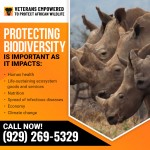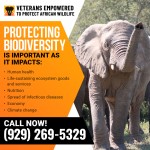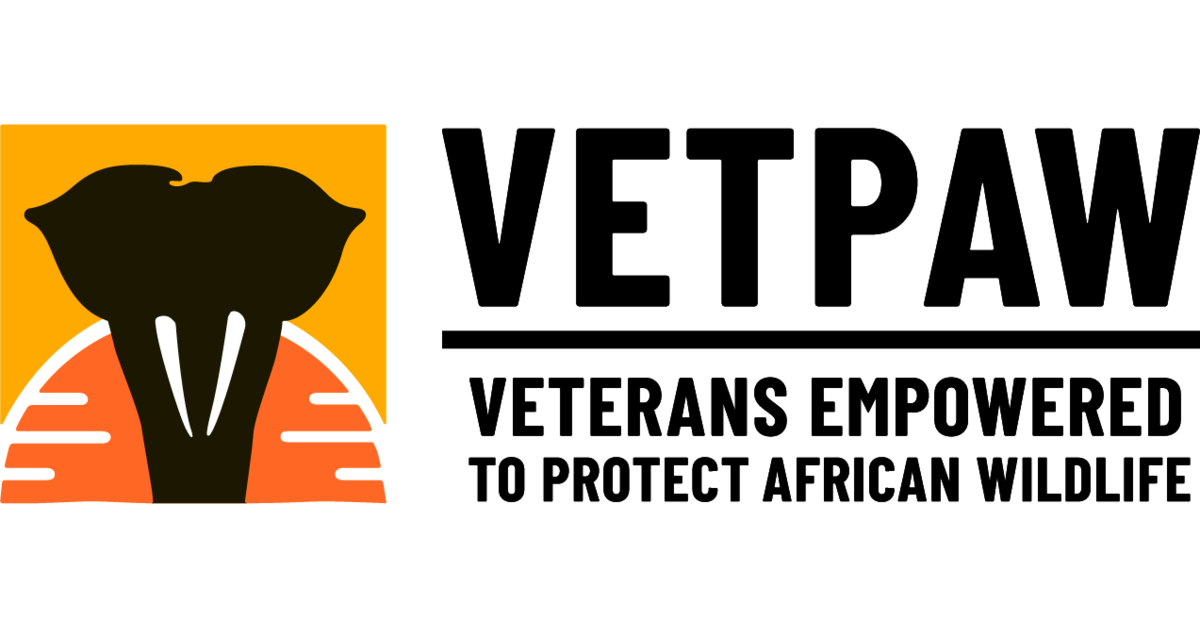Biodiversity and wildlife conservation
Biodiversity loss is occurring at an unprecedented rate and is impacting human health substantially as the ecosystem services fail to meet social needs. VETPAW reviews the importance of biodiversity for the well-being of humans. The wildlife conservation efforts done by VETPAW and other conservationists are an attempt to preserve this biodiversity that is being taken for granted.
Biodiversity refers to biological variety in all its forms, from the genetic makeup of plants and animals to cultural diversity. Changes in the ecosystem services affect livelihoods, income, local migration and, on occasion, may even cause or worsen the political conflict.
1. Biodiversity and health
The biological diversity of microorganisms, flora, and fauna provides extensive benefits for biological, health, and pharmacological sciences. It has made significant contributions to the discovery of medical and pharmacological solutions. A loss in biodiversity means a loss of potential treatments for many diseases and health issues.
2. Biodiversity and its services
Biodiversity loss can affect the ecosystem's functioning and disrupt life-sustaining ecosystem goods and services. Ecosystem products and services such as fresh water, food, and fuel sources are indispensable for good human health and productive livelihoods. Ecosystems weakened by the loss of biodiversity struggle to deliver those services, considering the mounting demands of an ever-growing human population.
3. Biodiversity and nutrition
Access to a variety of nutritious food is imperative for health. Biodiversity influences world food production by ensuring sustainable productivity of soils and providing the genetic resources for all crops, livestock, and marine species harvested for food.
A healthy local diet with adequate average levels of nutrients intake requires that humans protect and maintain high biodiversity levels.
Habitat simplification and species loss can make a community more vulnerable to ill health as a function of environmental receptivity.
4. Biodiversity and infectious diseases
Human interaction with wildlife has increased as the global wildlife trade continues and development projects expand deeper into forests. These activities are disrupting the structure and functions of ecosystems and altering native biodiversity. Patterns of infectious diseases are sensitive to these disturbances. Deforestation, land-use change, climate change, and uncontrolled urbanization are other causes of this disruption. Approximately two-thirds of known human infectious diseases are shared with animals, and the majority of recently emerging diseases are associated with wildlife.
5. Biodiversity and the economy
If biodiversity loss continues at the current pace, the food, commercial forestry, and ecotourism industries could lose US$ 338 billion per year. Around 75 percent of global agriculture relies on animals and insects to pollinate them. As these pollinators decline, the survival of humankind also falls at risk.
6. Climate change and biodiversity
The functioning of an ecosystem is very dependent on climate. And human health is impacted, directly or indirectly, by the impact of climate change on ecosystems. Extreme weather conditions can affect the productivity and availability of ecosystem goods and services for human use. When climate changes are long-term, it impacts the viability and health of ecosystems, impacting human well-being in turn.
VETPAW - Veterans Empowered to Protect African Wildlife
Founded in 2013, VETPAW is a non-profit organization and a community of US war veterans dedicated to protecting African wildlife and training local African rangers in the war against poaching.
Visit VETPAW.org or call at (929) 269-5329 to make a contribution or volunteer for sustainability and wildlife conservation.


























